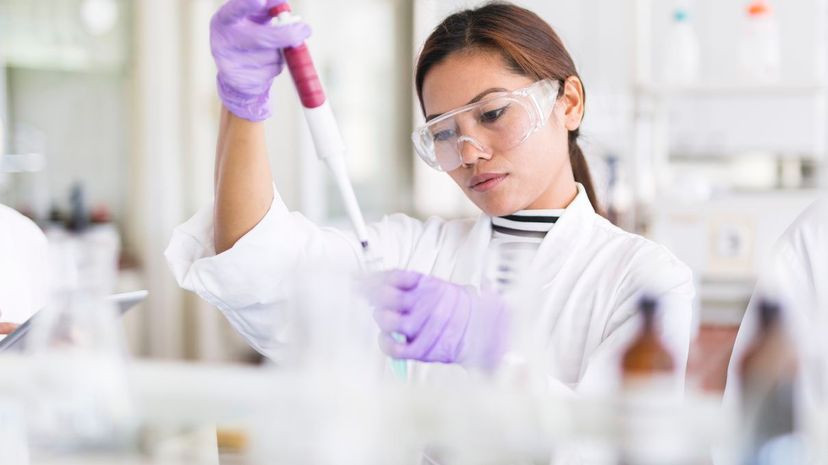
About This Quiz
For the most part, people might look at science as a whole and consider it one of the most difficult subjects to learn. However, the biggest trick to learning and understanding science is to know the definitions of the words that are often used. This base knowledge of science can give you an edge over your friends because if you know what something is and how it works, you can theoretically put it together with another item with which you are familiar.
However, remembering definitions might be a little more complicated than it seems. The majority of scientific terms come from Latin origins, making those terms long and difficult to pronounce. Though some can knock scientific words out of the park, we want to see what you're capable of.
This quiz might be a little difficult if it has been a while since you were in a science class, but we'll start it off a bit easy for you. Some questions might be a little tricky, but we want to see how many you can answer correctly. Put on your protective eyewear; this quiz might get a little messy. Let's test your skills and see if you know the definitions of at least 10 of these science words.

Anomalies occur when something ends up being different than expected or different from previous results. In general, anomalies are examined even further to understand the "exception to the rule" that occurred.
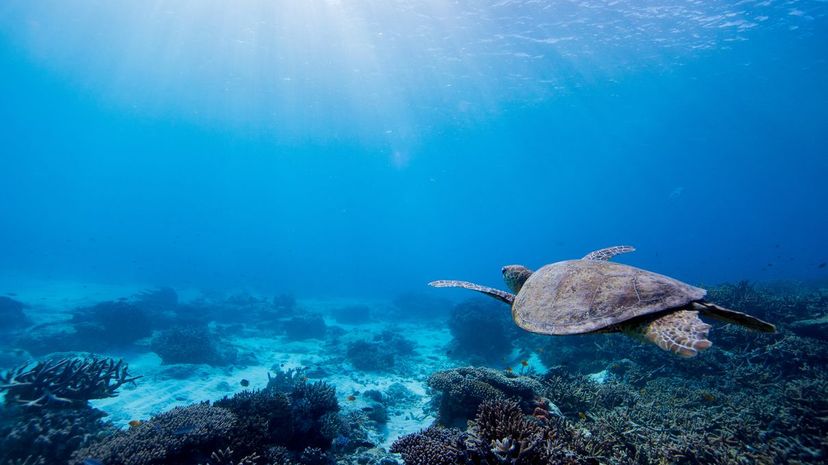
Habitats are the environments or places where things live in the wild. They can also be synthesized (or created) in labs to gain a better understanding of how wild plants, animals and organisms live or grow under different conditions.
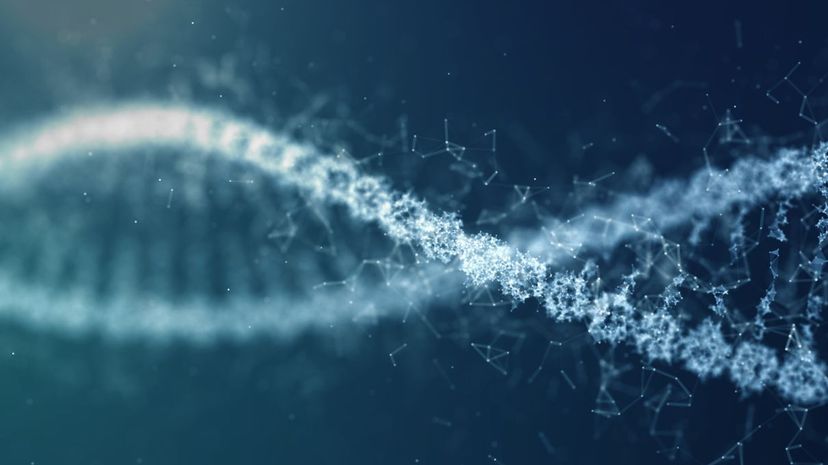
If you think about the world of genetics, you probably have a base understanding of dominant and recessive genes. When someone has two recessive or two dominant alleles, they are considered homozygous.
Advertisement

We learn at a young age that a hypothesis is an educated guess, but that "guess" or assumption is based on observations of the area and previously known phenomenon. It is the basis of scientific research.
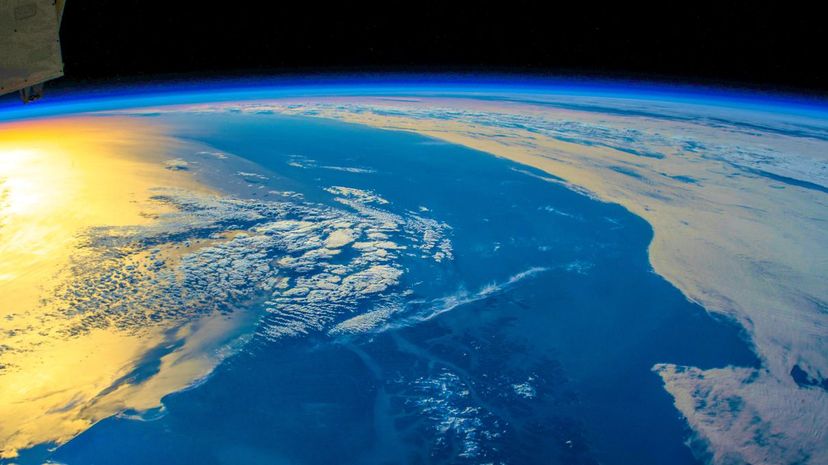
There are several layers that make up the Earth. We know that the Earth's core is very hot, the mantle is the middle section that sits between the core and the crust. It is made mostly of peridotite rock.

Calcium can be found everywhere, from your tap water to your bones. If something contains calcium, it is considered calcareous. This is an adjective that scientists use to describe the materials that they work with or the data that they discover.
Advertisement

Though many consider combustion to be an explosion, it is more centered around burning. It happens when there is a chemical reaction between a fuel and an oxidizing agent that produces heat.

Controls are the part of the experiment that scientists agree on the result. For example, if you are trying to grow plants with a variety of liquids, your control will be a plant fed with water, while other experiments might contain soda, vinegar or other liquids.
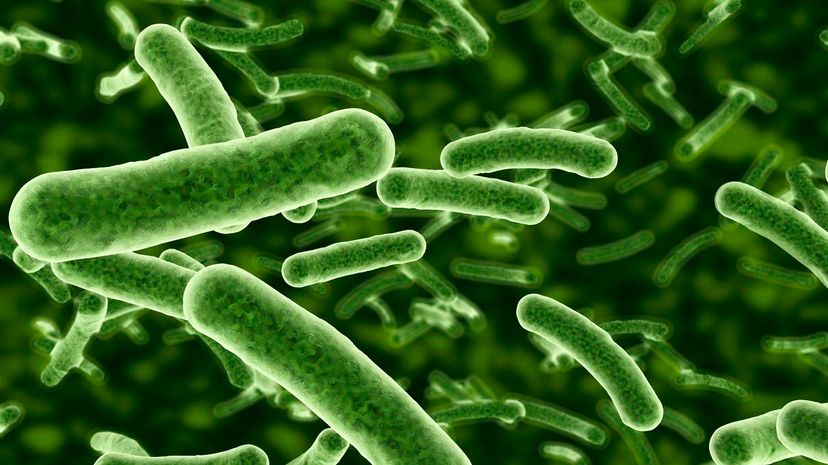
Parasites must have another organism in order to live. The organism that they live off of is considered the host organism. While some parasitic relationships help both organisms, for the most part, parasitic relationships end up killing the host or making it ill.
Advertisement

Leaching is a method used to dissolve something utilizing the act of percolating. It is generally used to extract something from a solid by dissolving it in a liquid. This can take varying amounts of time, depending on the density of the solid and the liquid that is being used to dissolve it.

Everything can be quantified, and you can quantify something in several different ways. Basically, giving it a measurement, amount or numeric value will give you a quantification. This is helpful when using comparisons during experiments.

Theories are incredibly important in the scientific world. They act as placeholders while scientists continue to experiment on a subject. Theories are explanations that carry quite a bit of evidence, can be tested and are logical. They aren't considered facts or laws because they are not yet fully examined or proven.
Advertisement
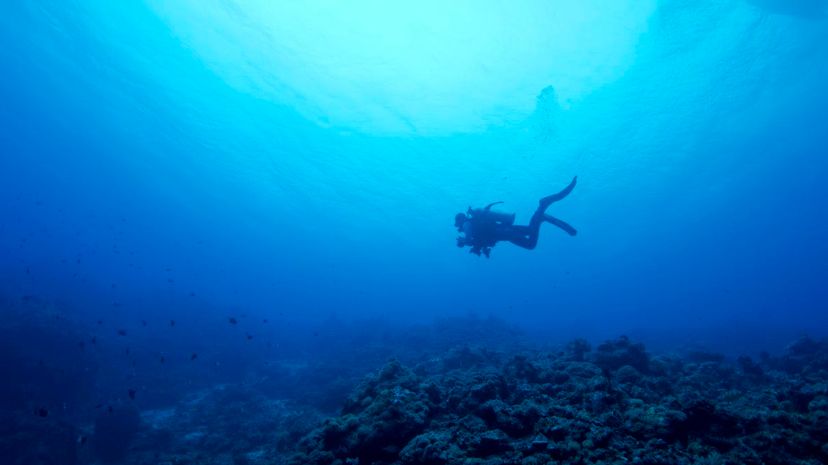
The Earth's crust is the layer of Earth that we step on, so it only makes sense that the oceanic crust is the layer of earth just under the ocean water. This layer is constantly being made in the mid-ocean ridges and destroyed in the subduction zones.

While we often consider the term organic to mean that something contains no pesticides, in the scientific world, anything that contains hydrocarbons is considered organic. It is a term that was created based on the term "living organisms."

Bio means life, and any word ending in "ology" is a study or science. Therefore, biology is considered the study of life. It is definitely a broad term, but there are many sub-sciences that fall under biology.
Advertisement

Joules are metric units, and they can tell you how much work can be done by force or newtons. One of the equations to help scientists figure out joules is J = N x m. This is taking the force (or newton) and multiplying it by one meter.

Gametes are the sex cells in living organisms (the sperm and the egg). When these cells meet, they become a zygote. Zygotes contain a full set of chromosomes and are the beginning stages of creating new life.
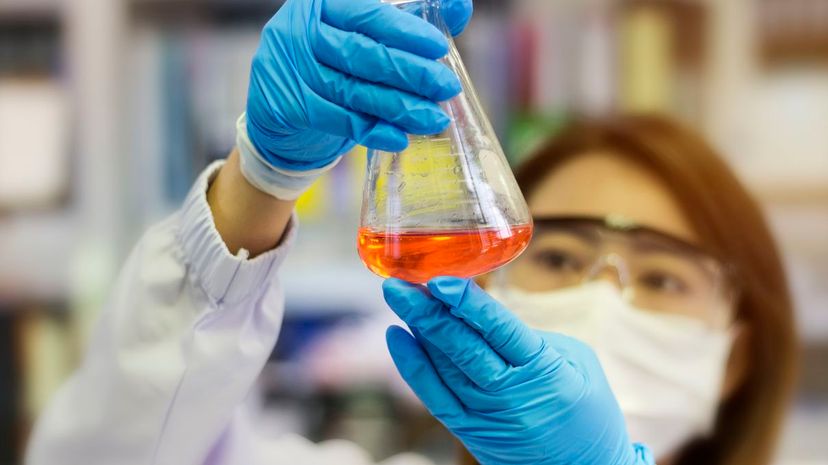
The volume of something is generally found in cubic form (because it will always be three-dimensional). Solids are measured in cubic centimeters and liquids are measured in cubic milliliters.
Advertisement

Variables can also be fixed and observed during research. There are three types of variables: control, independent and dependent. The independent variable is experimental; the dependent one is the response.

If you were ever curious how animals and plants get their names, you have taxonomy to thank. It's not simply naming something after the person who discovered it. There are rules and procedures that help make these names stick.
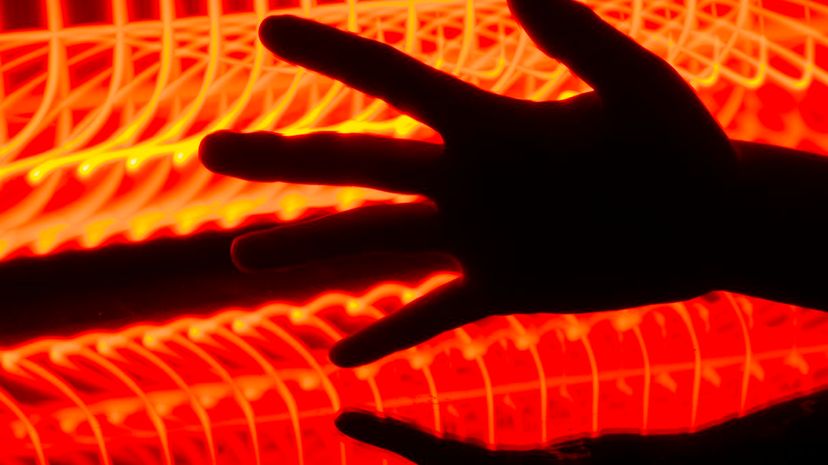
Thermodynamics, thermoenergy, thermoradiation and even thermometers all relate to heat. This term helps scientists describe temperatures (even if there is an absence of heat, something can still be considered thermal).
Advertisement

Just like the Earth has layers, so does our atmosphere. The troposphere is where all of the weather is created. It is the lower 12 to 18 kilometers of the atmosphere itself, and it is a necessary element to the Earth's functions.

There are several very deep trenches in the ocean. Some of them are as deep as 11 kilometers deep. They are usually found near subduction zones (the zones where one tectonic plate is sliding beneath another).

Sampling can be done in various ways. Most climatologists and oceanologists use core sampling (drilling into soil or ice in a deep, straight pattern) to get a better idea of what life was like over hundreds and thousands of years.
Advertisement
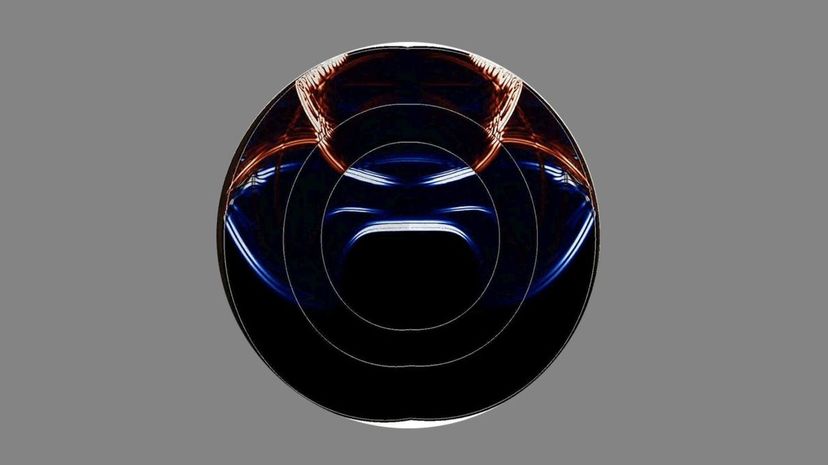
Seismic waves are the vibrations that are produced by an earthquake or explosion. There are man different types of seismic waves, but the ones people are most familiar with are S-waves and P-waves.
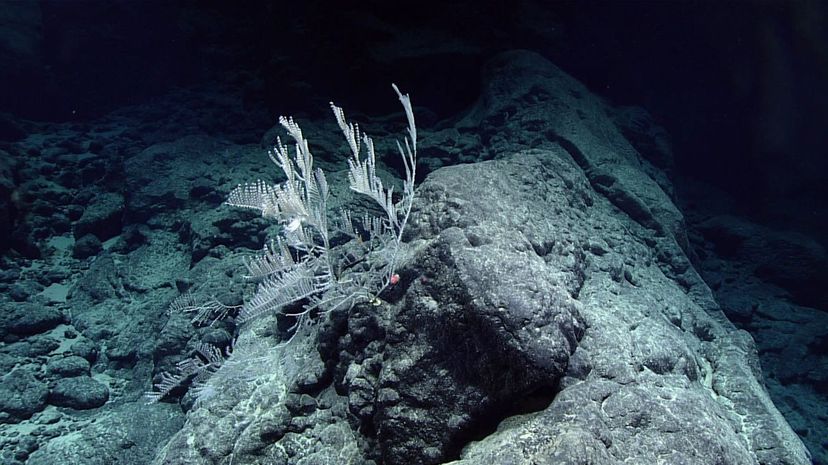
Seamounts are formed by extinct volcanoes that have been eroded by waves in the ocean. They are usually found just below the surface of the water and are easily recognizable by their flat tops.
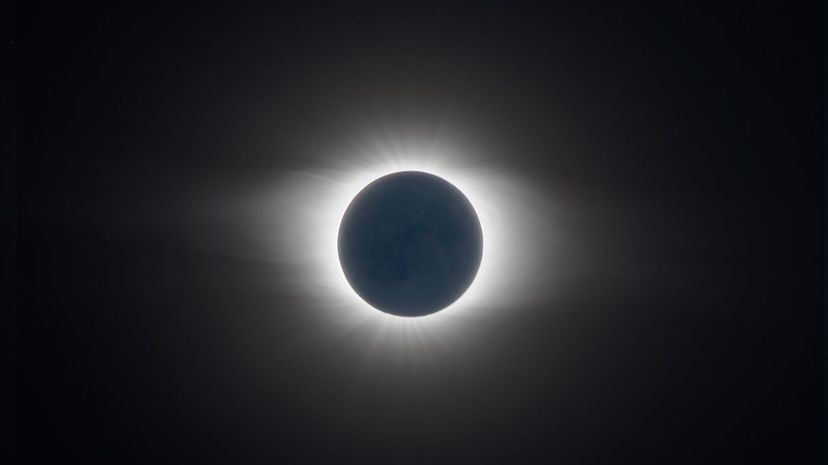
There are different kinds of eclipses, but a solar eclipse happens when the moon blocks out the sun. They aren't extremely rare, but they do happen in different parts of the world and at different grades (there are partial eclipses and total eclipses).
Advertisement
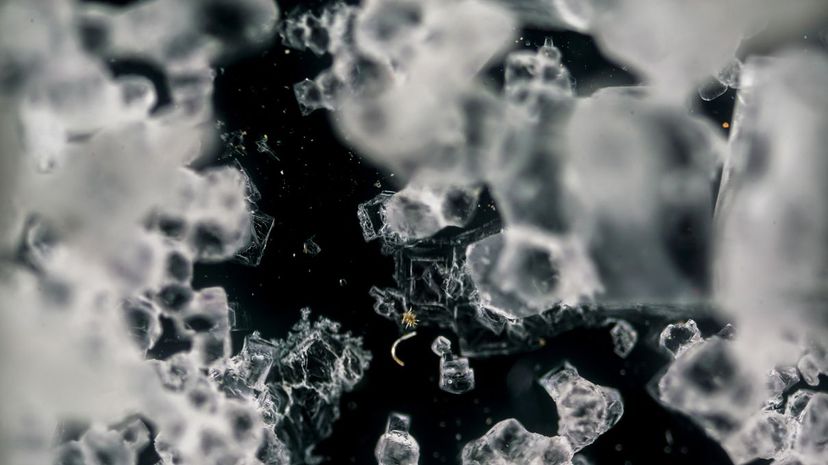
When something is soluble, it disintegrates in various solvents. For example, if something is water-soluble, it can be broken down completely by applying plain water. During experimentation and scientific testing, different solvents are used to break down different materials.
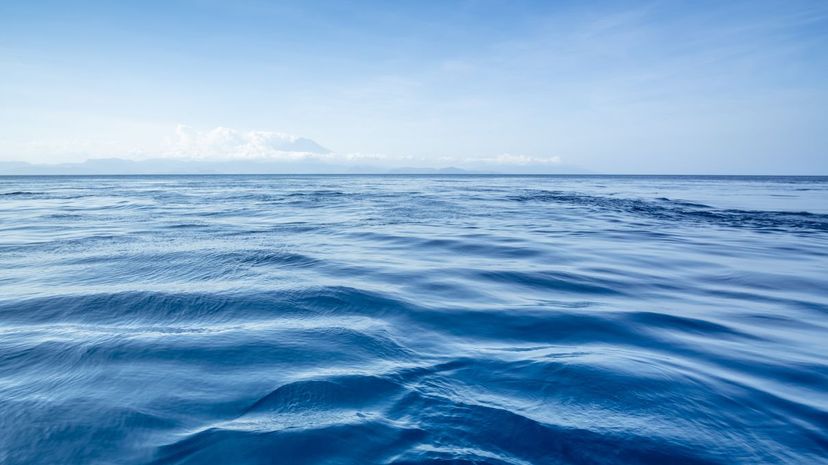
Sonar uses sound waves to measure the depths of various parts of the ocean. It sends a sound wave down and measures the time it takes to return. Using this method, we've been able to map our oceans, but it can interrupt whale communications.

When you take two different substances, put them together and something changes, you are getting a reaction. The reaction doesn't necessarily have to be earth shattering. It can simply be a change in color or a change in temperature.
Advertisement
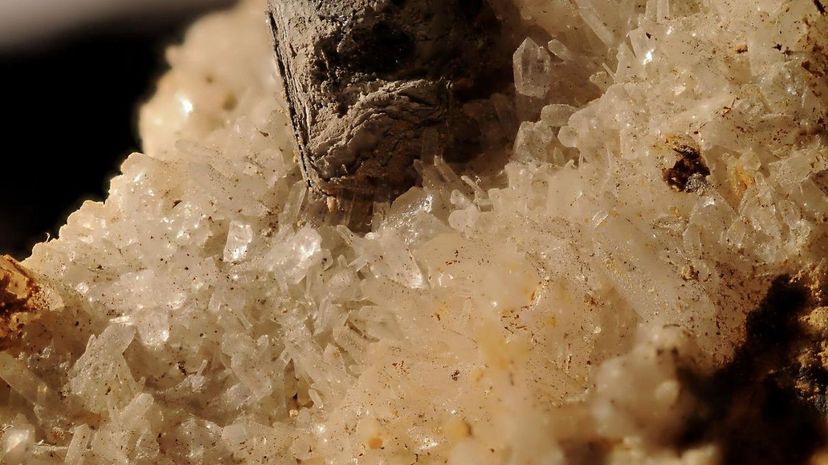
Quartz is a form of crystalline silica. Silica is considered one of the most abundant chemical compounds on Earth, making up 59% of the Earth's crust. You can find it in quite a few products around your house as well, including your makeup and food.

Though it is a close definition to the pedestrian "parent," in scientific terms, the parent doesn't necessarily have to be an organism. It simply has to be from where the object in question derived.

As we get more and more images from our telescopes, we learn quite a bit about the universe. A nebula is a cloud of gas, dust and other matter that will eventually form into a star. There are a few exceptions, but they are rare.
Advertisement
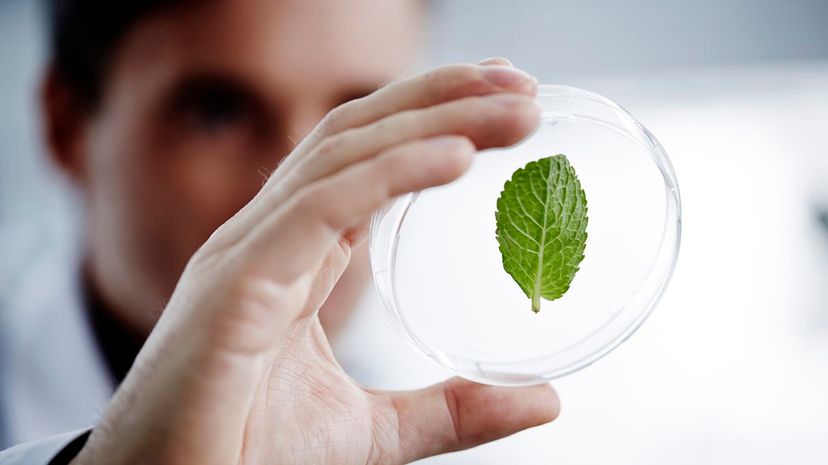
When you think of nutrients, your mind probably goes to broccoli or other vegetables, and you wouldn't be far off. Those vegetables contain vitamins and minerals humans need to survive, and all vitamins and minerals are chemical substances.
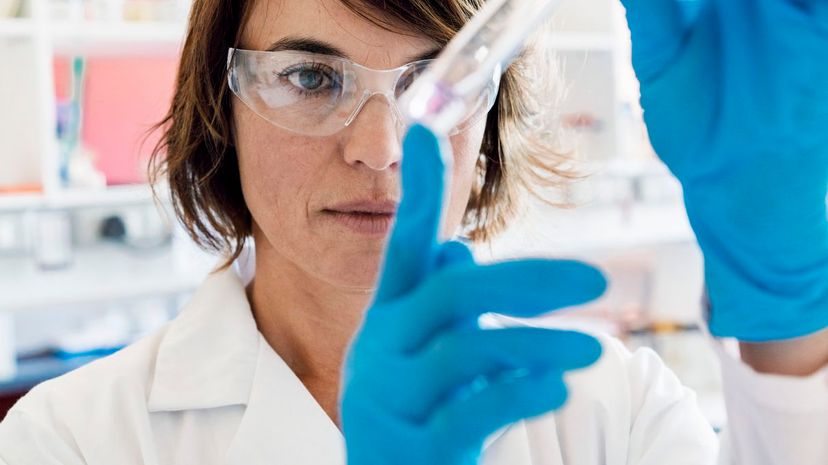
Manipulation in the scientific world means something a little different than the social definition. Manipulation isn't necessarily a bad thing. Sometimes it is done in the name of science in order to help us better understand our experiments.